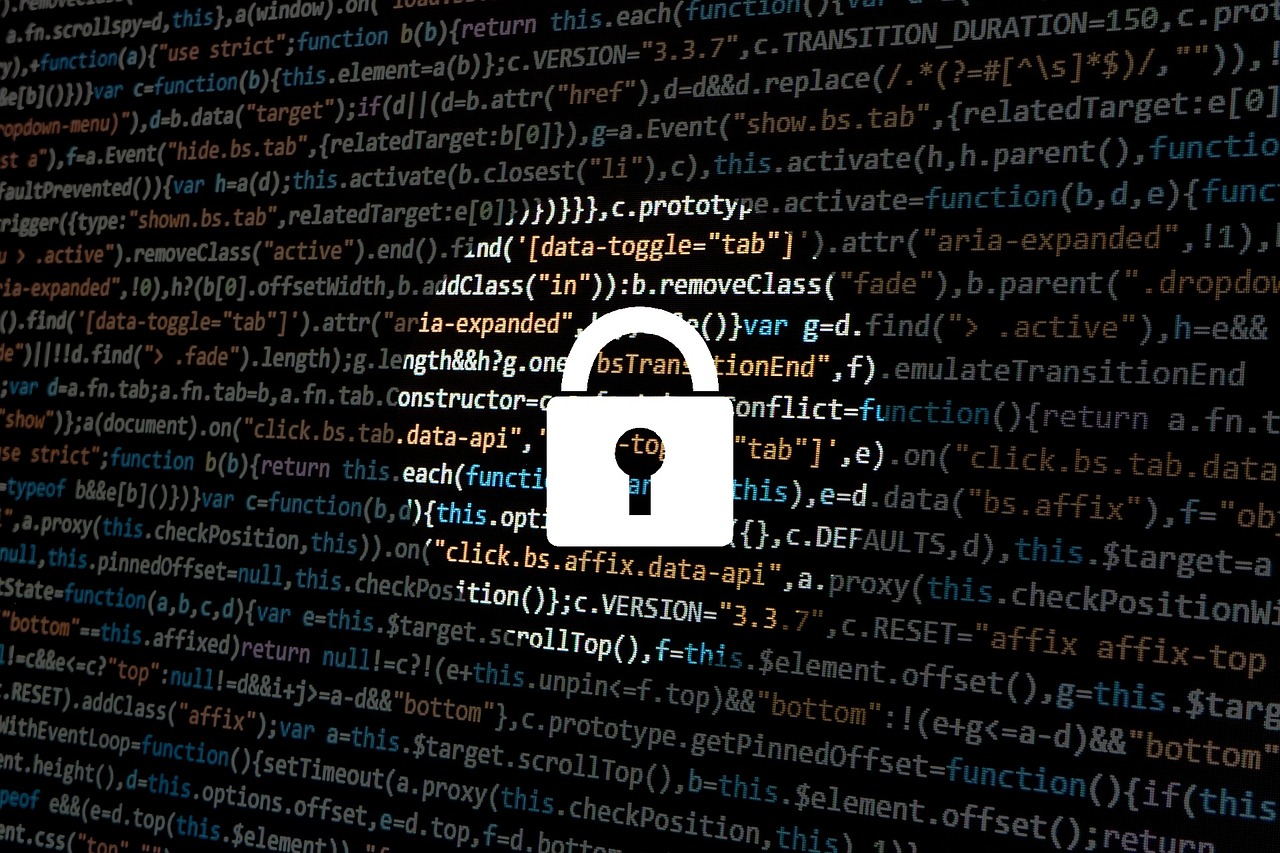Most businesses nowadays use data analytics to improve the performance of their products or to study the market. Data analytics is at the heart of the fourth industrial revolution. However, making sure that the graphs and charts made are trustworthy and reliable is not as easy as producing them.
This is where today’s post comes in. I would like to talk to you about auditing data analytics and how it works. First, I’ll tell you about the different pitfalls of skipping over this step in your workflow. Then, I’ll explain the different steps to follow to audit your data analysis. I’ll also be sure to mention the different techniques you should keep in mind for your audit.
Continue reading “How to Audit Data Analytics: Everything You Need to Know”




